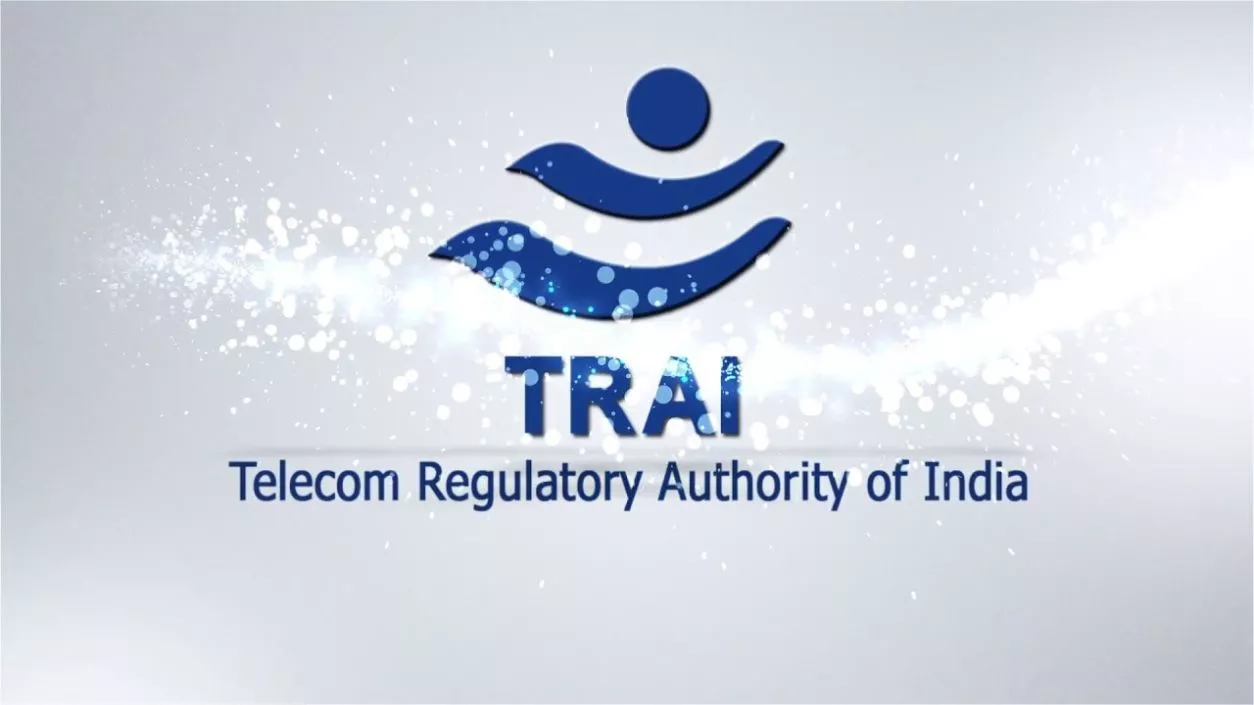.gif)
.gif)

The Telecom Regulatory Authority of India (TRAI) has amended its spam regulations, requiring service providers to analyze call and SMS patterns in real time to identify and flag spammers. The changes aim to curb unsolicited commercial communication, including spam calls and messages from unregistered telemarketers and fraudsters. Service providers failing to comply will face financial penalties.
TRAI has introduced a tiered penalty system for misreporting spam activity. The first violation will result in a ₹2 lakh fine, the second offense will attract ₹5 lakh, and further violations will lead to a ₹10 lakh penalty. The penalties will be imposed in a graded manner. Most provisions will be implemented within 30 days, while those involving Distributed Ledger Technology (DLT) for tracking spam will take up to 60 days.
The new regulations also classify automated robocalls as commercial communication, requiring prior intimation from users before sending them. Only designated numbers will be allowed for robocalls. TRAI has also introduced "government messaging" as a new category alongside transactional, service, and promotional messages. Each message will now carry an identifier: -T (transactional), -S (service), -P (promotional), and -G (government).
Artificial intelligence (AI) has been introduced as an optional tool for spam detection. Additionally, TRAI has revamped its Do Not Disturb (DND) app for Android and iOS, allowing users to report spam more easily by accessing call and message logs from unknown numbers. TRAI can also conduct direct audits or use third-party audits to ensure service providers comply with the regulations.
Subscribers will have the option to opt out of promotional messages, though the exact details of the consent management system are yet to be finalized. Automated calls will only be allowed from specific number series, with users required to disclose their purpose in advance. It remains unclear whether political parties using robocalls for campaigns and exit polls will need to provide prior intimation or if their calls will be classified as commercial communication.